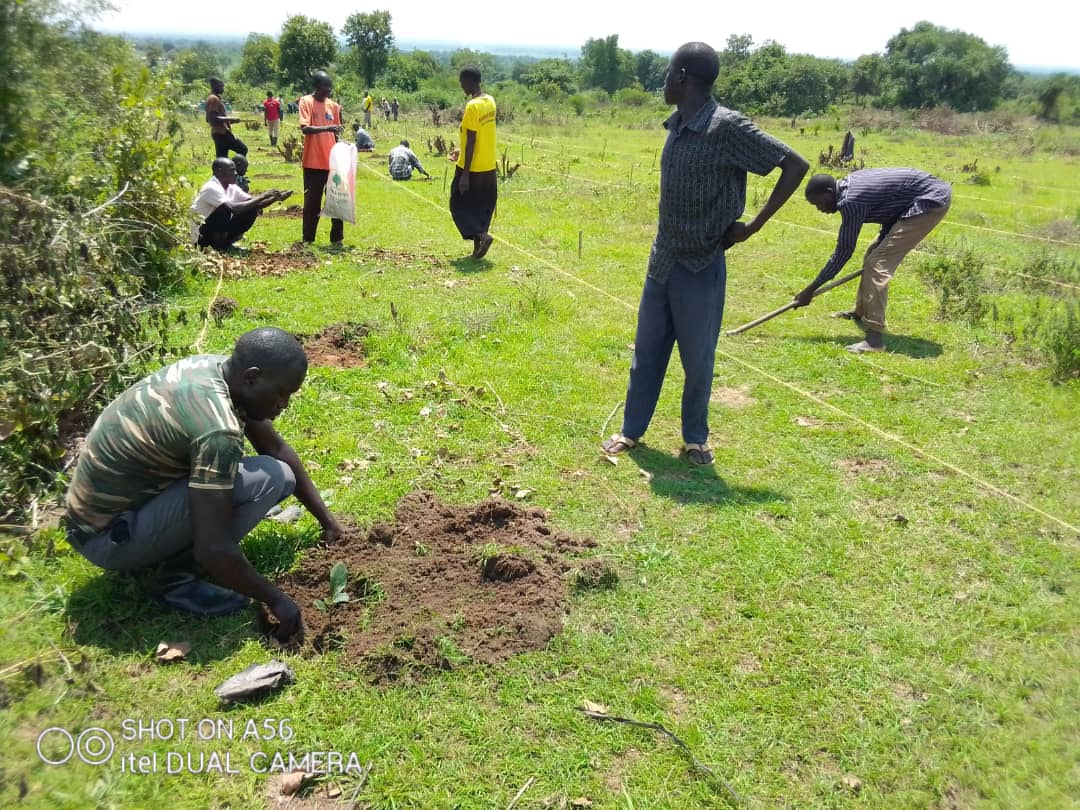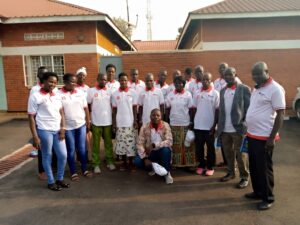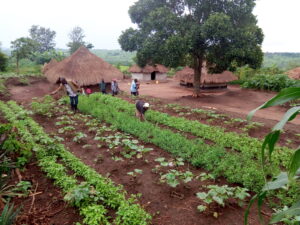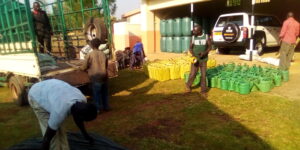

Rehabilitation and Protection of Natural Resources in Refugee and Host Communities, Arua District, Northern Uganda
Programme Development Goal
To Contribute to rehabilitation and protection of natural resources as well as improved livelihoods for refugee and host communities in Rhino Camp, Arua District, Northern Uganda
Summary
This project was jointly implemented by the three partners of Malteser International that included Caritas Nebbi, Ecological Christian Organization (ECO) and The Victim Relief Alliance (TVRA). ECO’s role in the project was to build capacity and provide technical support to implementation partners and community organizations, while TVRA and Caritas Nebbi was responsible for the implementation of activities in the various zones of the Rhino Camp.
Objectives
- Forest protection is promoted through afforestation on private, municipal and public land and the strengthening of tree nurseries,
- Pressure on the ecosystem is reduced by more efficient use of resources in agriculture and forestry and by strengthening sustainable income opportunities and promoting energy efficient cooking stoves,
- The population of Rhino Camp is sensitized to the positive effects of sustainable use of natural resources and
- Institutions relevant for resource conservation, networking at the policy level and the capacities of the local programme partners are strengthened.
The project directly targeted 4,000 vulnerable households headed by both men and women. They were reached according to CRRF 70% refugees and 30% host communities. As an important sub-group, approx. 40% of younger adults in the age group 18-30 years from the refugee and host communities of the Rhino Camp will be involved in the activities.
The project had the following achievements:
Achievements
- 20 selected young people set up tree nurseries,
- 100 selected community members for beekeeping,
- 60 vulnerable smallholders from the host community with the potential for sustainable forestry,
- 60 smallholders benefited from training in sustainable land management,
- 60 selected young people identified as environmental multipliers,
- 100 members in school environmental clubs,
- 200 young people involved in the implementation of the measures,
- 5 teachers identified as multipliers,
- 12 members of the village elders’ committees (2 members each of the 6 committees),
- 26% of the population of Rhino Camp (approx. 36,800 out of 140,616 people) were reached with topics such as environmental protection and climate fluctuations by radio broadcasts.





